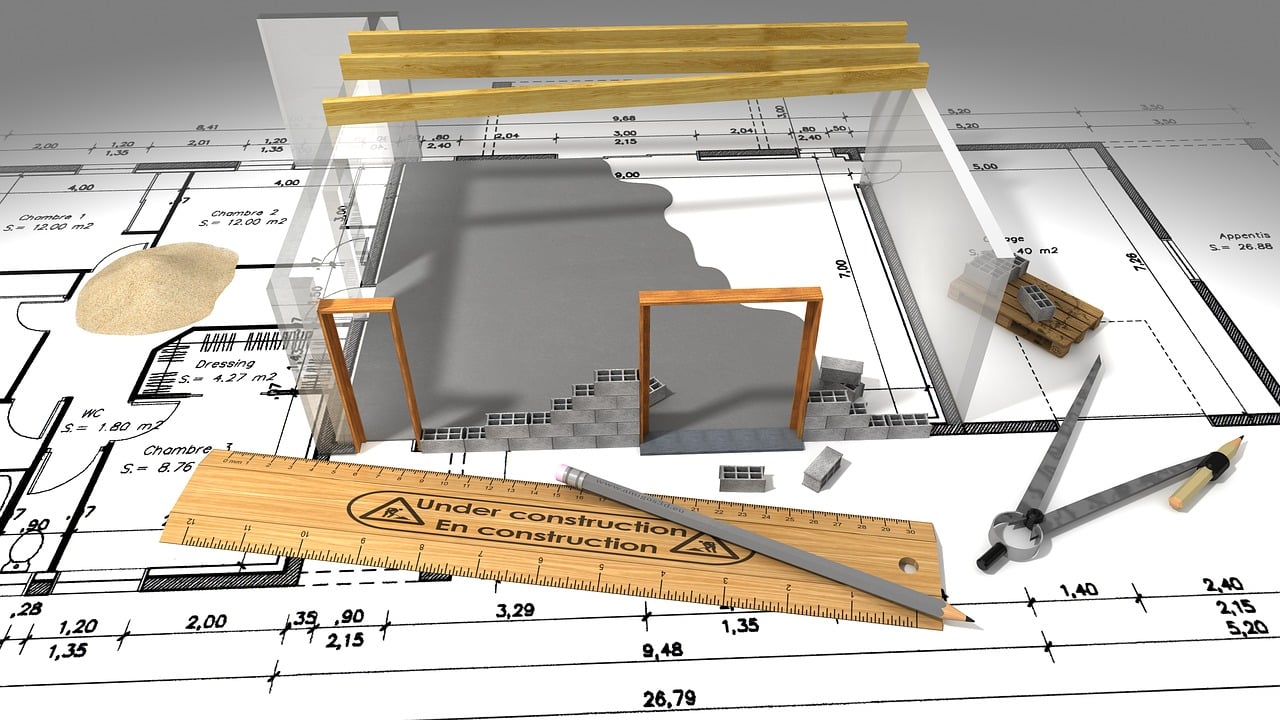Feng Shui is an ancient Chinese practice that involves balancing the energy or “chi” in a living space. By incorporating Feng Shui principles into your home design, you promote a harmonious and balanced living environment. Here are some tips to help you incorporate Feng Shui principles into your home:
1. Declutter and Organize: One of the basic principles of Feng Shui is to keep your home clutter-free and organized. Get rid of things that you no longer use and keep only what is necessary. Use storage solutions to organize your belongings and keep everything in its place.
2. Maximize Natural Light: Natural light is essential in Feng Shui. It helps to increase energy levels and create a positive atmosphere. Make sure that your home has ample windows and that the window treatments are designed to let in as much natural light as possible.
3. Balance Colors: In Feng Shui, colors are thought to affect your mood and energy levels. Use a color palette that promotes balance and harmony in your home. This might include earthy tones, pastel shades, or muted colors.
4. Create a Focal Point: A focal point can help to anchor a room and create a sense of balance. This might be a piece of artwork, a plant, or a piece of furniture.
5. Use Mirrors: Mirrors help to reflect light and create a sense of space. They can also be used to redirect energy and promote positive chi. Place mirrors strategically throughout your home to maximize their benefits.
6. Use Plants: Plants are excellent for promoting positive energy and purifying the air. They can also be used to soften sharp angles and create a more natural atmosphere.
7. Eliminate Clutter in Entryway: Entryways are important in Feng Shui because they serve as an entrance and exit of energy in the home. Make sure your entryway is free of clutter so the energy can flow freely.
By incorporating these principles into your home design, you can create a living space that promotes positive energy, harmony, and balance.


